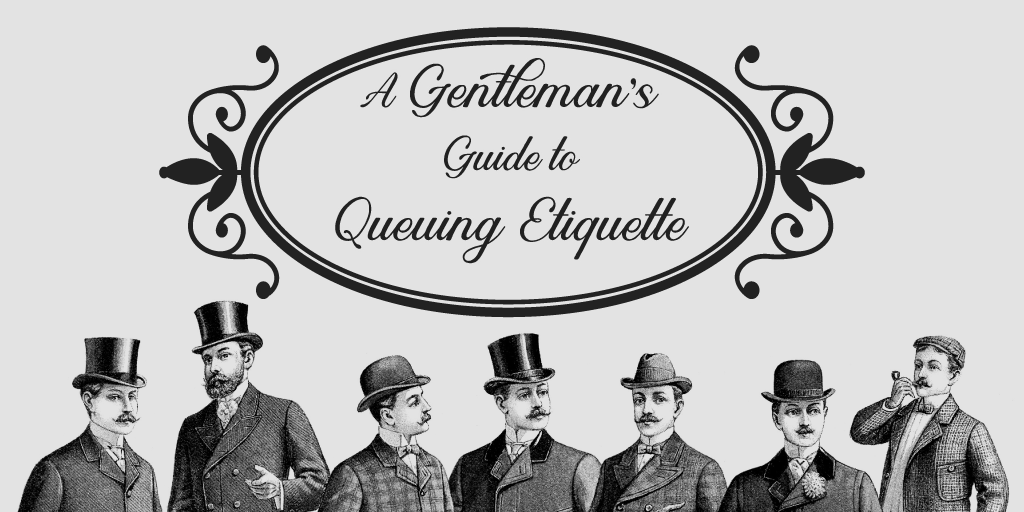“The only thing we have to fear is fear itself.” Winston Churchill uttered this famous quote as the Prime Minister of the UK during World War II, where the Germans would bomb London nightly to foment fear and break the spirit of the people. He feared not death, nor terror, nor loss of institutions or heirlooms or comfort, he feared fear. Why?
Fear is not what anyone or anything can do to us, it is what we create as we interpret external risks and threats. So fear is how we cripple ourselves and create a present that causes us to be edgy, erratic, and irrational.
Should we not be fearful of disease, crime, or meteor strikes? No. We should be aware and appropriately cautious, and once those measures have been prudently adopted, our present moments must be free of the fear that the ego wants to inject until those threats actually become realized, at which time fear is still not the appropriate response. In horror movies, what happens to the screaming fleeing person? They usually fall, alert the killer, or otherwise do things that create actual peril where there is little. The killer just walks calmly toward the flailing spaz and gets the job done. It is the fear that amplifies the danger, and the fear that prevents more productive responses to avoid harm.
Our fears are not just the big pronounced ones, like being a victim of a heinous crime, but they are small and insidious too. We fear being loved less, becoming less attractive, looking foolish, not fitting in, having our social media post ridiculed. We feel fear almost constantly and it causes us to act in outrageous and harmful ways. We buy things we cannot afford, say things that aren’t true, act in ways that certainly are not who we are, trash talk people, discriminate, hide from the world, turn a blind eye to injustice, or pretend to care about something because it’s a popular thing to do. And ironic part? Acting to avoid fears makes our fears come to fruition. It makes us lose friends, alienate family, go broke, waste time, get fired, become anxious, develop addictions, and so on. Fear is our greatest enemy, and we think it is our best friend and saviour.
Personally I’d rather live for one day absent of fear than for 10 lifetimes with fear. Fear makes us someone else. Fear makes us act detestably and sabotage our most cherished things. Fear dominates our present with future horrors, which we end up bringing on ourselves. If we spend our living years being fearful of death, we are already dead because we have killed our present. If we spend our hike fearful of a bear attack, we have already been attacked because our entire present was fixated on the emergence of the bear. So what do we have to fear? Fear itself.
When fear creeps in, you’ll likely know its presence. When you’re ready to stop living in fear, whatever it tells you to do, do the exact opposite. Literally the exact opposite. You don’t want to confront your mom because you fear it’ll break the relationship with your kids? If that relationship is so tenuous that it’ll end because of healthy conflict, it should end – so it can be built in a healthier manner. You are holding yourself hostage to a fear that is very likely unreal, and the gun to your head exists only in your mind. No matter what the fear, no matter what you believe the consequence, do the exact opposite. No matter the outcome, you will be living life authentically, presently, and no longer as a hostage or victim to what you believe is waiting to befoul you.
If Churchill recognized the paramountcy of the threat of fearful living while having bombs dropped on his countrypeople nightly, while the Nazis advanced and killed millions in awful ways and seemed poised to take over the world to impose eugenics, while the economies of the world were in shambles, while Italy and Japan were committing atrocities around the world, even after 7 years of brutal war merely 20 years after the last world war, he must have profoundly understood how fear is the most harmful force on the planet. He knew that fear is what underlies all evil, all intentional harm, all man-made suffering. And he knew that it’s what we do to ourselves.




